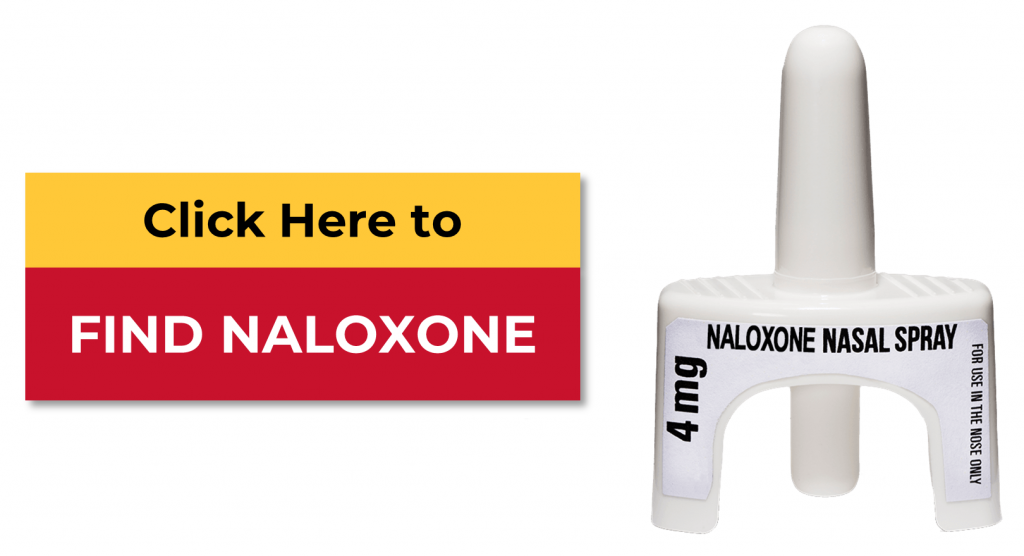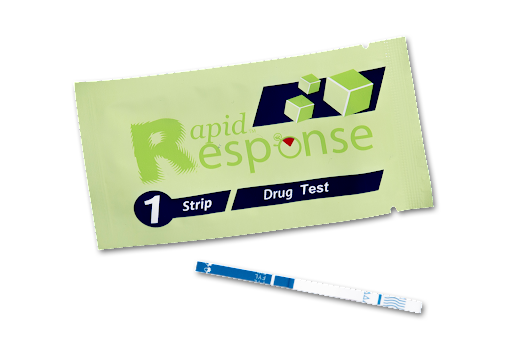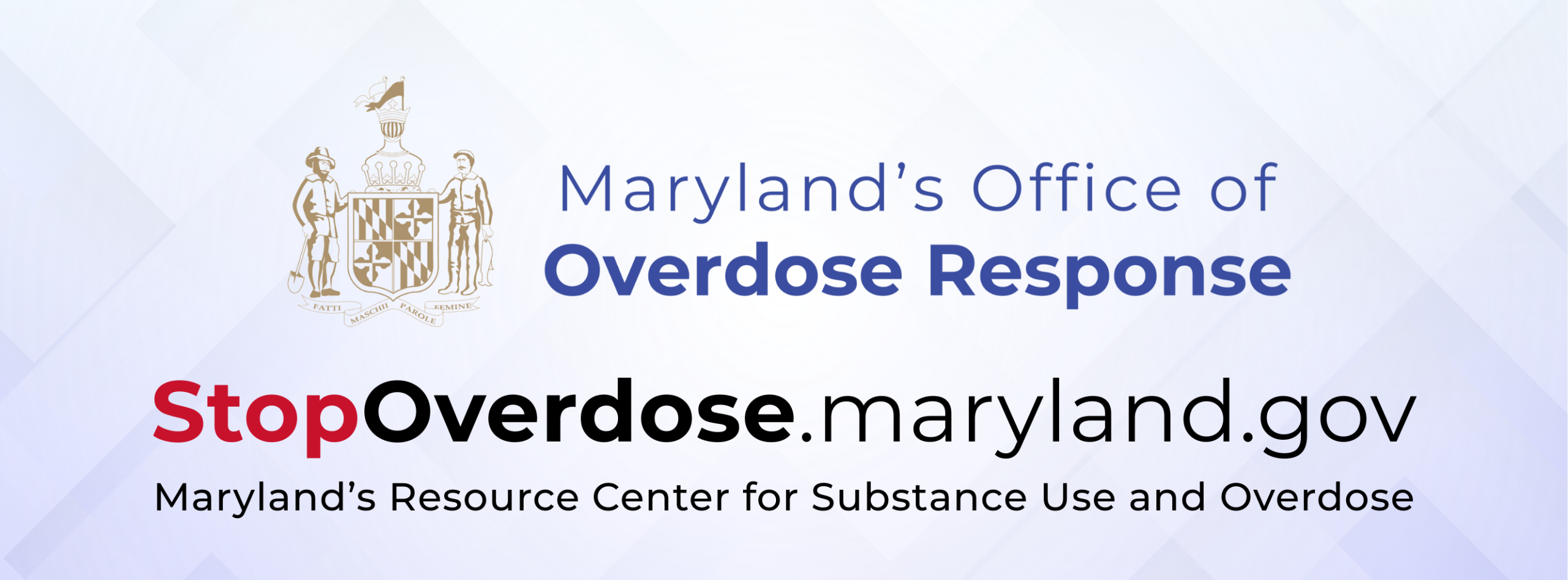Fentanyl Is in Maryland…
Fentanyl is a powerful synthetic opioid. It is 50 times stronger than heroin, and it is cheaper to produce. Fentanyl is often mixed into other drugs like heroin, cocaine, crack, and pills before purchase. Fentanyl can’t be detected by sight, taste, or smell. Synthetic opioids, including fentanyl and fentanyl analogs, are now the most common drugs involved in drug overdose deaths in Maryland and across the United States.
…and So Are Other Drugs
Sedatives, like xylazine and medetomidine, are frequently mixed with opioids and can have serious side effects, such as skin wounds, depressed heart rate and breathing, and severe withdrawal symptoms. Other substances, such as benzodiazepines, can also have negative interactions with opioids and have been linked to recent overdose outbreaks.
Carry Naloxone to Respond to Overdoses

Find out where to get a free naloxone kit near you. Naloxone is an easy-to-use nasal spray that can help someone who is overdosing start breathing again. Anyone can carry and use naloxone — you don’t need a prescription from your doctor.
Learn how to use naloxone here.
Test Your Drugs

Fentanyl test strips can be used to quickly check for fentanyl in drugs. While test strips cannot tell you how much fentanyl is present, knowing that fentanyl is in your drugs gives you information to make safer choices. Learn how to use fentanyl test strips.
For free fentanyl test strips, you can contact your nearest Overdose Response Program (ORP).
Fentanyl: Know the Risks PSA
Reduce Overdose Risk
Anyone who uses drugs, even occasionally, is at risk of overdose. There are always things you can do to reduce your risk of overdose. If you use drugs:
- Use a little bit first to see how strong your drugs are. You can always take more, but you can’t take less.
- Use with someone you trust and take turns, or ask someone to check on you. If you overdose, it’s important to have help nearby.
- If you’re using alone, call the “Never Use Alone” hotline at 800-484-3731.
- Leave naloxone out in the open in case of overdose.
Fentanyl & Other Drugs Public Awareness Toolkit
Use these print and digital resources to share information about the presence of fentanyl and other drugs in the illicit drug supply in Maryland.

 1-888-373-7888
1-888-373-7888 233733
233733